Tribute To The Designer Of The Nigerian National Flag
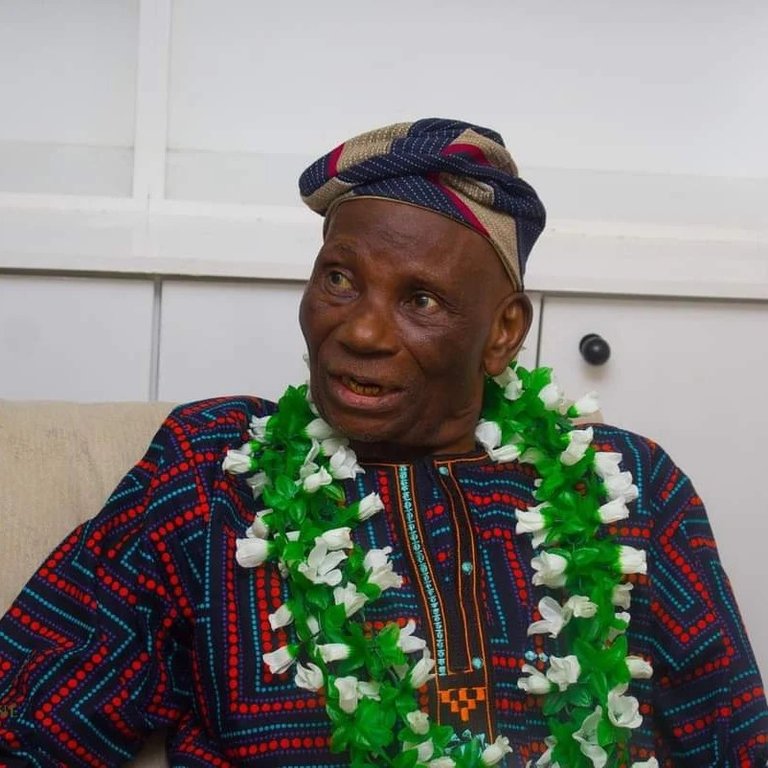
Mr Taiwo Akinkunmi, designer of the Nigerian national flag
Identity is very important in social relationships, especially among countries, as it enables them to distinguish themselves. To be unique and make themselves easily recognised, many countries use various symbols, mediums of exchange, and figures as identities to achieve this. This means of identification can include coats of arms, official government seals, currency notes, and national flags, to name a few.
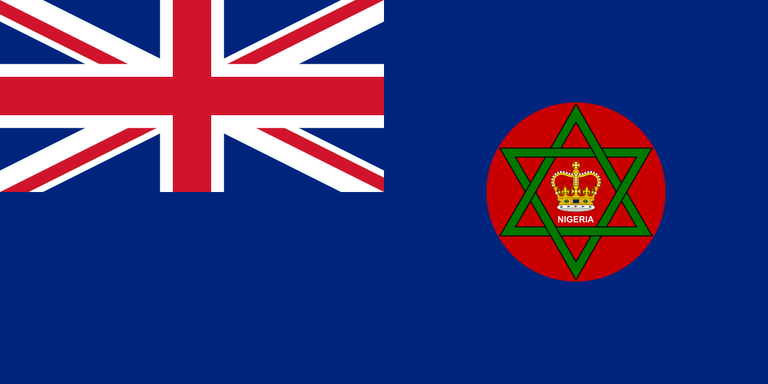
The Blue Ensign, the flag used by Nigeria before it gained independence
After Nigeria gained its independence in 1960, the country adopted new forms of national identity that were presented to its citizens and the international community. Among these new representations of the country's identity was the newly designed national flag. The new Nigerian flag signaled the nation's new status for self-rule and freedom. However, before its unveiling, the Blue Ensign, the flag used by countries under the control of the United Kingdom of Britain, Nigeria's colonialist, was in use. The unveiling of the new national flag made Nigerians proud as it gave them a fresh image.
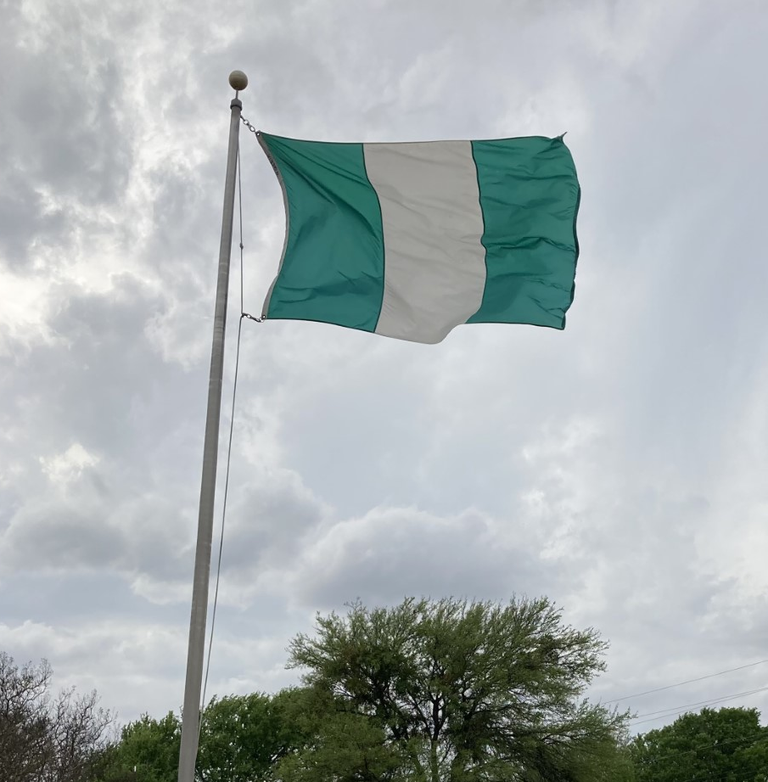
The Nigerian national flag hoisted at full mast
A year before Nigeria gained independence, a competition was organised for the design of the country's new national flag. Many designs for the new national flag from interested participants were submitted for the competition, with one eventually being selected by the organisers. The design chosen by the organisers to be the country's new national flag was the entry submitted by Mr. Taiwo Akinkunmi.
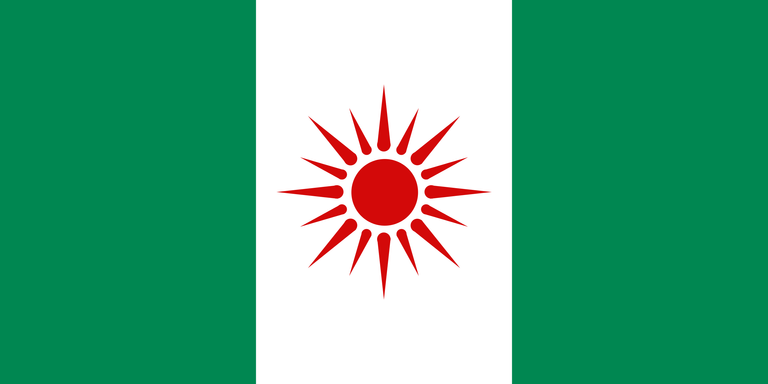
Mr Taiwo Akinkunmi's original design of the Nigerian flag
Mr. Akinkunmi's design comprised three vertical bands of two colours, green on the sides and white in the center. The white central band also nested a red illuminating sun at its center. The green vertical bands represent Nigeria's abundant natural resources while the white depicts peace and unity. Although Mr. Akinkunmi's original design was slightly modified by the organizers of the competition by removing the illuminating sun that was placed at its center to prevent religious and ethnic sentiments, it remains in use to date.
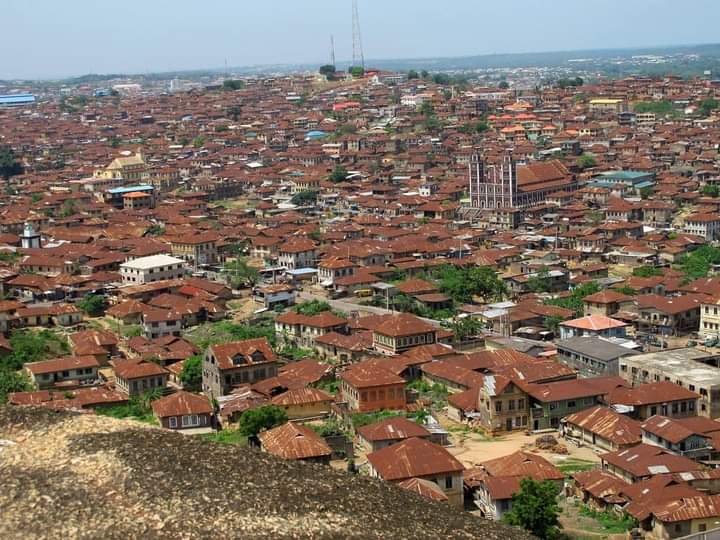
Aerial view of Owu, Abeokuta, hometown of Mr Taiwo Akinkunmi
Mr. Taiwo Akinkunmi rose to national prominence after he emerged as the designer of Nigeria's national flag at the country's independence. He was born in 1936 in Ibadan, present-day Oyo State, Nigeria. He is an indigene of Owu in Abeokuta, Ogun State. He received his primary and secondary education in Nigeria before traveling to England to study Electrical engineering. During his studies abroad, he came across an advertisement for the design of Nigeria's new national flag for its independence and submitted his entry, which was eventually selected.
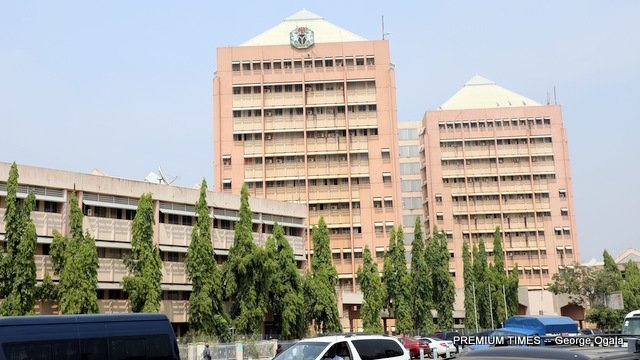
Federal secretariat of the Nigerian civil service
In addition to being the designer of Nigeria's national flag, Mr. Akinkunmi decided to return to the country three years after its independence to serve in its civil service. A service he carried out for over thirty years before finally retiring. He demonstrated through his actions that he was a patriotic Nigerian who believed in the country's potential and was ready to contribute to its development and progress. He led a quiet life after his long years of service to the country and passed away at an advanced age last month.
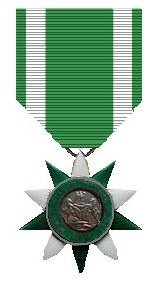
Medal of the Honour, OFR, conferred on Mr. Taiwo Akinkunmi by the Nigerian government
His contributions and service for the advancement of Nigeria did not go unnoticed as he was presented with many awards and honours, with the most notable being the Officer of the Order of the Federal Republic (OFR), conferred on him by the Nigerian government.
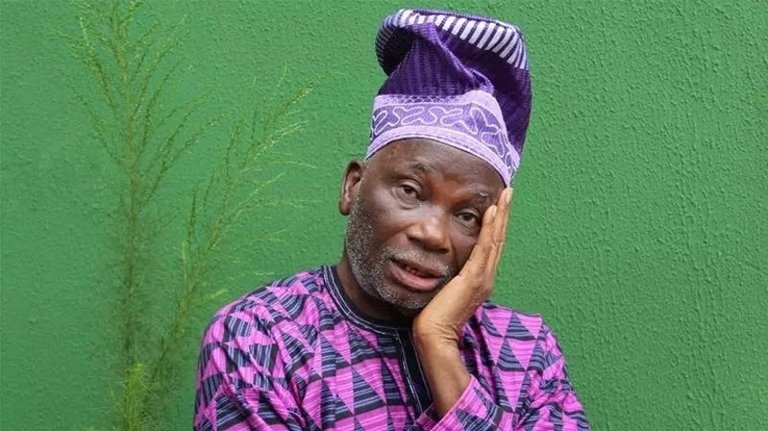
Mr Taiwo Akinkunmi, a true Nigerian patriot
Mr. Taiwo Akinkunmi was a true patriot who contributed significantly to the advancement of Nigeria. He designed one of the country's most important national symbols and also worked in its service for many years. Although he is no more, his legacy lives on and will continue to be appreciated by the state and Nigerians who know its importance.
Thanks for reading,
Have a splendid day folks.
credit: click photo caption for image source.